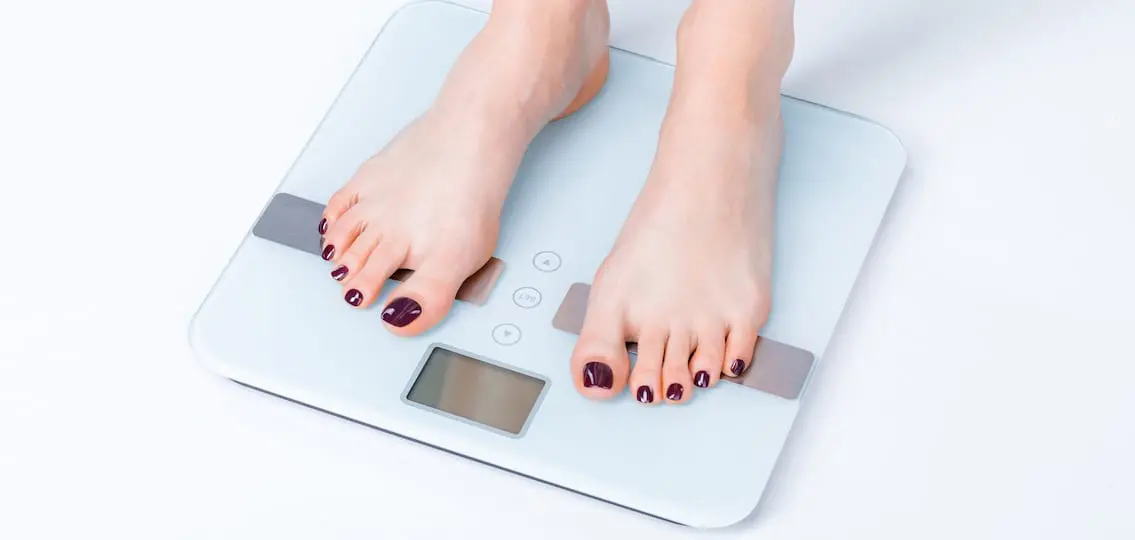Dear Your Teen
I’m concerned about my daughter’s weight. At her last check up, the doctor suggested that she was on the border for being overweight for her size. She’s exceeded that. Now my daughter is overweight. I’m happy she has a positive self image, but I’m also concerned about her health, given a poor family history for high BP and cholesterol. How can I talk to my teenage daughter about her weight without her immediately taking it as a criticism? Any advice would be appreciated.
EXPERT | Dr. Lucene Wisniewski
First, let me commend you for asking for help on this one! There are so many places in our culture where people whose weight does not fit the standard/optimal are shamed and made to feel less than. That being said overweight teens are likely to grow up to be overweight adults, some of whom will have negative health consequences. The fact that your daughter has positive self-image suggests that you are doing something right! How to express your concern about her weight is complicated and if, when or how you discuss it depends on the answer to several questions. Let me warn you in advance – it is complicated.
Properly talking weight and health with teenagers
What are her numbers?
My first questions would be around the numbers. Has she exceeded the typical growth trajectory that is typical for her or for her family? If your daughter’s weight has always been at the 85th percentile and continues to fall on that curve, I would think differently than if she had always been at the 85th percentile and is now over the 99th. A review of her growth charts rather than a simple “what is her weight” will help you and your physician assess this. Has your physician indicated that there have been any changes in BP or cholesterol that substantiate your fears? Not all people who have a higher than average weight have negative health consequences. If you answered no to these questions, I would not recommend bringing the issue up.
What’s your family history?
My next questions would be about the family. What is the family history of overweight? Are there several people in the family who are overweight? Or just your daughter? We know obesity runs in families. We will not want to single her out if this is more of a family issue.
What changes can you make without singling her out?
Let’s also think about your teen’s eating in the context of the family eating: does she eat what the family eats and this is resulting in consistent gain? If so, could the whole family benefit from a change in diet and exercise as well? If this is the case, then consider making some changes that are family oriented. Buy water instead of pop; buy pretzels instead of potato chips; go for family walks or bike rides. Put more fruit and veggies out for snacks and in meals. This allows changes to be made without specifically targeting one person.
Keep the lines of communication open
It is important to consider that if you have noticed that your daughter’s weight has increased, she has likely noticed as well. Most overweight teens in our culture have experienced “weightism.” Therefore there can be much shame and embarrassment about the topic. Currently, you feel she has positive self-image. This is great. When and if her weight is an issue for her, if you keep the conversation open, she will bring the issue to you. In the meantime, ask your physician to keep an eye out for the medical concerns.
If a conversation is warranted …
If, on the other hand, there has been a large change in BMI and you have seen changes in health parameters that are concerning, or you have already tried some of the family/environmental changes and still feel it is discussion that needs to happen, I want to point you in the direction of a great resource: the book I’m Like So Fat! by Dr. Dianne Neumark-Sztainer is an excellent resource for parents who want to help their teens make healthy eating and exercise choices and contains advice for having this discussion with your child.




